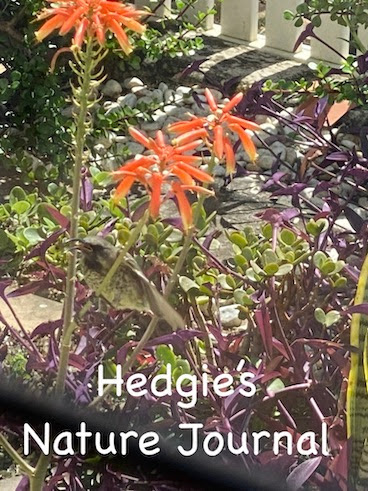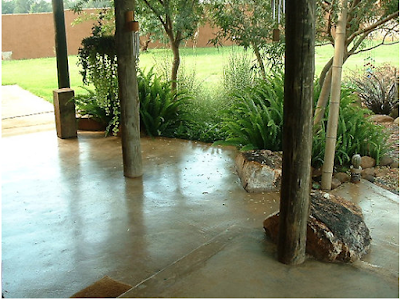This little chap is one of the tamest birds in my garden, sitting
right at my feet when I put seeds on the ground for the more timid birds
like the Laughing Doves. And when I walk to the feeding tables, he will
follow me, sitting right on the edge of one, waiting for me to fill it
up.
.
We so often over-look these Sparrows (Passer domesticus), one of the most
widespread birds in the world, who originated from Eurasia and was
introduced to Australasia, the Americas and Africa. It is often
considered an invasive species, ironically, however, its population is
experiencing serious decline in many of its native regions. Despite its
abundance here in South Africa, it seems to have a minor impact on
indigenous birds, although it may have displaced Cape wagtails from
urban areas, as they are both adept at scavenging in these environments.
It generally prefers urban, rural and suburban areas and are very
rarely absent from human habitation. Being so used to humans has made
house sparrows resourceful in finding unique food supplies. They have
been seen inspecting car grills for insects, and will feed on farms
searching for spilled seed and grain.
House sparrows are monogamous with a life-long pair bond and will
build bulky nests in roof crevices, nesting boxes and natural tree
cavities, or they may chase other birds out of nests. The female will
incubate a brood of 4-6 eggs for 14-18 days, then both parents will
regurgitate food for the nestlings for 14-18 days until they leave the
nest. Depending on the climate, pairs may raise 2-3 broods per year.




